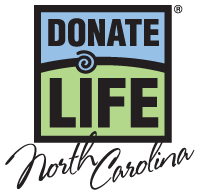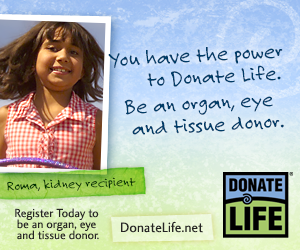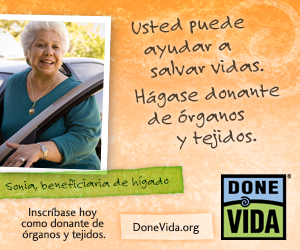Below are a number of resources available for community members and patients to better understand advanced care planning for themselves and their loved ones.
Health care professionals interested in learning more about helping patients plan for end-of-life issues are encouraged to visit our Health Care Professionals tab to access helpful tools and information. For more information about the NCPCC, please contact [email protected] or call 336-768-3972.
Advance Care Planning & Important Conversations
- GotPlans123.org
GotPlans?® We plan for college, marriage, a baby and retirement, but we don’t prepare for the end of life. Visit GotPlans123.org to learn more about resources for your patients & families. - GotPlans Resource Kit: Your Advance Care Planning Resource Kit.- Advance Care Planning 1. DECIDE 2. DISCUSS 3. DOCUMENT- Roles and responsibilities of a health care agent- Next Steps- What to do with your advance directives- Information about the MOST form
- Caring Conversations Workbooks: Published by the Center for Practical Bioethics, Caring Conversations® is designed to help individuals and their families share meaningful conversations regarding end-of-life decisions.
- The Conversation Project Starter Kits: The Conversation Project is dedicated to helping people talk about their wishes for end-of-life care.
- The Conversation Project 1-Pager Guide
- Common Practice: Great conversations start with Hello.
Advance Directives
Statutory Forms
Simplified Forms (combined Living Will & Health Care Power of Attorney)
- An Advance Directive for North Carolina: A Practical Form for All Adults
- An Advance Directive for North Carolina: A Practical Form for All Adults (SPANISH)
- How “An Advance Directive for North Carolina: A Practical Form for All Adults” Meets North Carolina Statutory Requirements for Advance Directives
Aging with Dignity Five Wishes
- Five Wishes is America’s most popular living will because it’s written in everyday language and helps people express their wishes in areas that matter most — the personal and spiritual in addition to the medical and legal. It also helps you describe what good care means to you, whether you are seriously ill or not. It allows your caregiver to know exactly what you want.
Medical Orders for Scope of Treatment (MOST) Form
Do Not Resuscitate (DNR) Orders
Organ Donation

National Resources
- Donate Life America – the national coalition for organ, eye, and tissue donation
- American Association of Tissue Banks (AATB) – the professional organization for tissue banks
- Eye Bank Association of America – the professional association for eye banks
- Health Services and Resources Administration (HRSA) – Government resource on donation and transplantation
- The American Red Cross – blood donation and emergency assistance
- United Network of Organ Sharing (UNOS) – Provides organ transplantation oversight and manages the National waiting list

